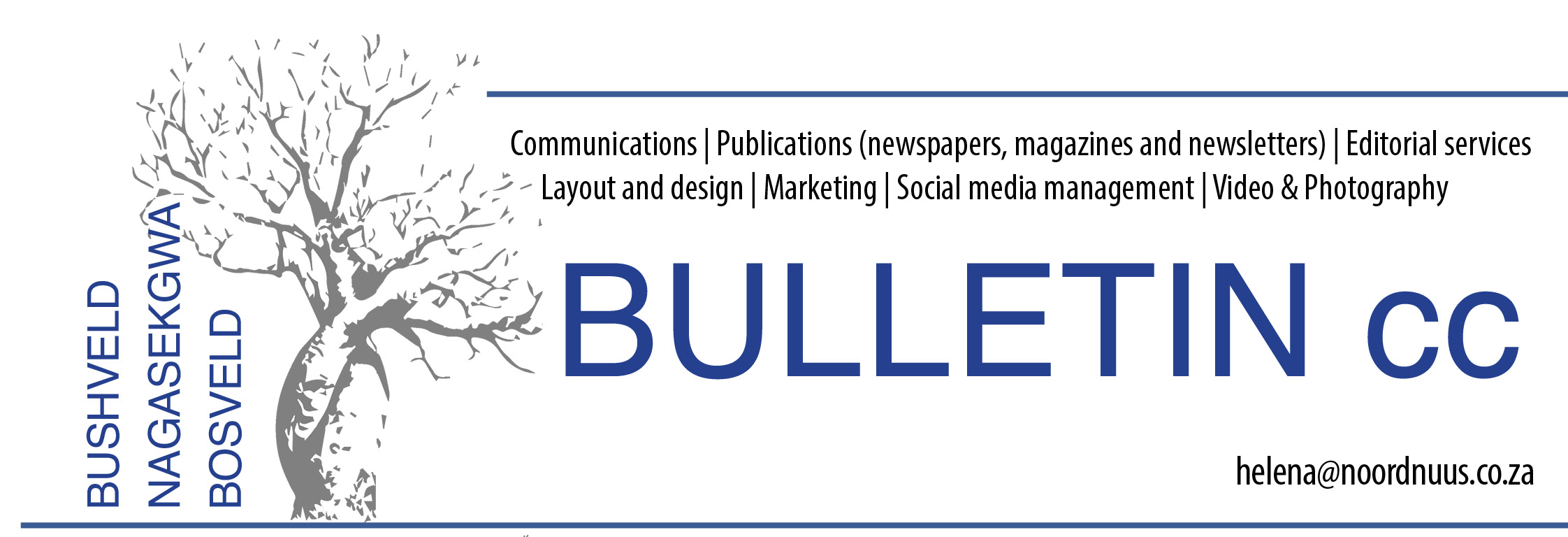Attention Grade 12's: How to manage your time during the final exams
With Matric finals loading and learners heading to exam venues in a matter of days, the bulk of reviewing should now be over, and the limited time available before and during the exams should be strategically managed, an education expert says.
“The upcoming exams represent the culmination of 12 years of hard work, and will play an important part in determining what options are open to you after school,” says Wonga Ntshinga, Senior Head of Programme: Faculty of ICT at The Independent Institute of Education, SA’s largest private higher education institution.
“But even though the final exams are an undeniably important milestone, learners shouldn’t become overwhelmed in the face of what lies ahead, and instead enter this period with a holistic strategy to perform at their best. Essentially, now is the time to draw up your roadmap for the challenging few weeks that lie ahead,” he says.
Planning and reviewing should now move from the general to the specific by doing the following:
GET ORGANISED
Just before you enter the exam period is a good time to review your study schedule. What work do you still need to cover, and how much time will you have between papers? Draw up a new roster taking into account the realities of the next few weeks and ensure you stick to it.
Create a neat working environment and a clear plan for what you need to do and study every day, and ensure that you have all the necessary materials sorted and on hand.
NARROW DOWN YOUR REVIEWING
Once you enter the exam period, you should have adequately covered all your materials. With little time available between papers, you must now focus your attention on the sections of work that are almost certainly going to be tested and master them, rather than trying to re-read all your textbooks in their entirety.
BREATHE, AND GET YOUR HEAD IN THE RIGHT SPACE
Your biggest weapon right now is the ability to remain calm and perform under pressure. Download one of the many mindfulness apps available online (Headspace is a good one), and invest 5-10 minutes in calming down your nerves before you step into the exam room. Managing your anxiety ahead of each paper will go a long way towards helping you avoid mind blanks during the exam.
STAY HEALTHY
Don’t start stress-eating or staying up into the early morning hours before an exam to cram. No matter how hard you worked, if your body and mind are tired and worn out, you won’t be able to accurately reflect your effort in your papers.
Take regular scheduled breaks, get plenty of water, exercise and sleep, and ensure you eat as healthy as possible.
DON’T STRESS ABOUT PAPERS ALREADY WRITTEN, BUT DON’T RELAX TOO SOON EITHER
As the exam progresses and the list of subjects you still need to write become shorter and shorter, don’t start relaxing too soon. Keeping the focus right until the end and working for each mark can mean the difference between being accepted into the institution and course of your choice, or having to look at other options.
On the other hand, if things didn’t go well in one subject, let it go and focus on what lies ahead. Stop stressing about the subjects you’ve already written, because there is nothing more you can do about those results. You can, however, still make up for a disappointment by focusing and performing as well as possible in upcoming papers.
DEFER YOUR CONCERNS, BUT KEEP THE END GOAL IN MIND
What if I don’t pass as well as I need to? Have I left applying to uni too late? Don’t let questions such as these take up mental energy during the exams. Instead, keep a laser focus on the task at hand – doing as well as possible on each paper, and earning every point you possibly can.
It is helpful to continually visualise your plans for next year, and match that dream with the performance you need to get there. But don’t let these motivational thoughts turn negative. After the exams, you still have time to investigate all your study options, and to match your interests and performance to the amazing higher education paths available.
“It is worth taking stock now of where you are, determining what still need to be done, and getting to a space where you are able to stay strong, motivated and effective right until the end of the exams,” says Ntshinga.
“Matric learners have a challenging yet exciting few weeks ahead of them, and going into it with the right frame of mind and a clear-cut strategy can mean the difference between and average performance and an exceptional one.”
Wonga Ntshinga, Senior Head of Programme: Faculty of ICT at The Independent Institute of Education, SA’s largest private higher education institution.













0 Comments